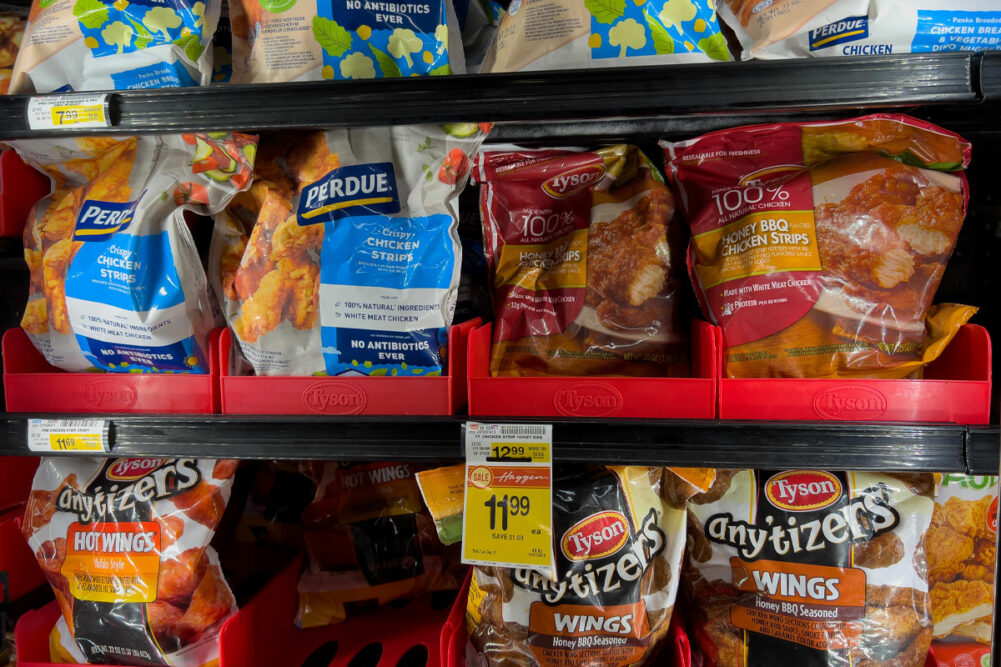CHICAGO — Plant-based diets, children’s products and inflation all became food industry topics of conversation during COVID-19. All three issues were covered in a panel featuring three Chicago consumers July 18 at IFT FIRST, the Institute of Food Technologists’ annual meeting and expo held July 16-19 in Chicago.
Brandon Steele, a vegan who has multiple sclerosis, said he was passionate about immune-boosting food and plant-based alternatives. He said he tends to shop at specific stores, such as Whole Foods Market or Trader Joe’s, when seeking healthier food, more so than seeking specific brands.
Consumers for many years trusted brands, said moderator Maria Velissariou, PhD, founder of Maria Velissariou Consulting.
“Brands were supreme,” she said. “They ruled.”
Now, consumers consider other sources as well, such as the credibility of retailers or digital purchasing channels, she said.
Charmaine Gardner said she trusts certain brands like Perdue because of how the company takes care of the chickens and leaves out items she does not want in her poultry.
“I don’t know all the scientific terms,” she said.
Her family experienced financial hardship during the pandemic, however, and her blood pressure became elevated. She began prioritizing, buying vegetables over cookies for example. She also began buying more Jewel-Osco private label poultry than Perdue to save money.
Andy Zynga, chief executive officer at the European Institute of Technology who was also on the panel, said consumers sought more generic items with lower prices during COVID-19. He said he wondered if consumers now again will begin to buy more premium brands.
Ashlee Cook has a 4-year-old daughter who is showing signs of anxiety and other mental health issues. Wondering if diet could improve the situation, she has changed her family’s diet by limiting added sugar, switching to organic food as much as possible, and eliminating artificial dyes and sweeteners.
Ms. Cook said she researches children’s diets on the internet, checking out the views of medical doctors, child psychologists and child therapists. She said she even goes to TikTok and Instagram although she knows to be wary and check out the sources’ credentials.
All three consumers were asked what change they would like to see most in the food industry.
Ms. Cook said she would like to see children’s food become healthier through food companies reducing sugar without adding sugar substitutes. Artificial food dyes should be reduced or eliminated in children’s products, and macronutrients and micronutrients should be added, she said.
Ms. Gardner said she would like food to be affordable along with being healthy, tasty and with a pleasing odor. The food also should be worthy of being seen on Facebook and Instagram.
“I like what I’m seeing,” Mr. Steel said, adding he has noticed the environment has become important to food companies as has making labels clear and transparent.
“It seems like everything is already on that page, which is really cool,” he said.




